Posts
Contact
Lisa Davis
Program Associate-Leadership
Phone: 501-519-5472
Email: ldavis@uada.edu
University of Arkansas System Division of Agriculture
Cooperative Extension Service
2301 S. University Avenue
Little Rock, AR 72204
LeadAR Class 19 International Study Tour
LeadAR Class 19 followed in the rich LeadAR tradition of traveling on an international study tour providing participants with an experience, information, and diverse perspectives to be used to analyze complex cultural and economic issues facing individuals and their communities.
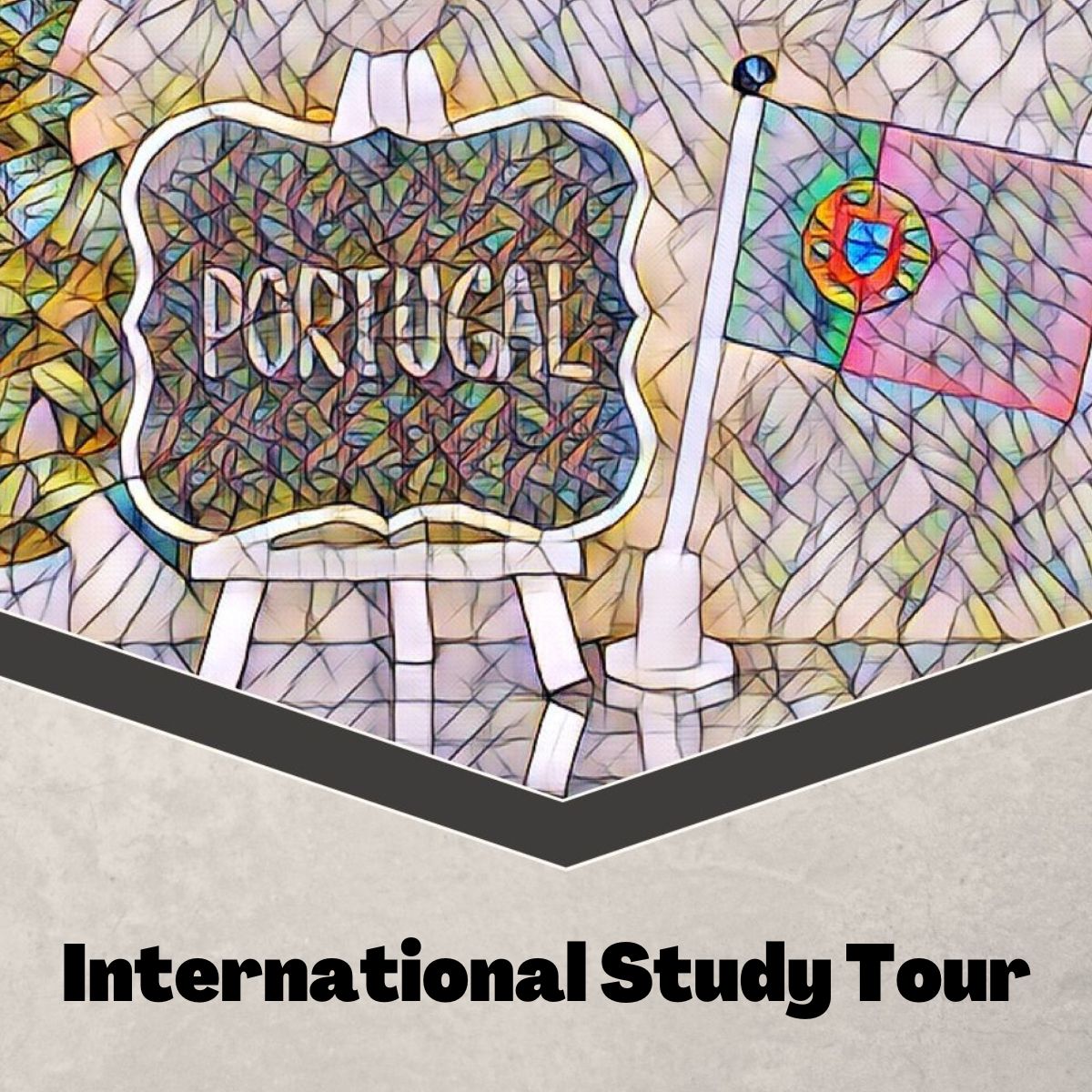
Day One
LeadAR Class 19 landed in Lisbon, Portugal on Sunday, Sept. 11. The day commenced with city sightseeing to appreciate historical places related to the Discoveries (Torre de Belém and Mosteiro dos Jerónimos) and the very famous Pasteis de Belém pastry shop. Then, Class 19 had dinner at Carnalentejana Restaurant (Restaurant of Autochthonous Cattle Breed Association). The recognition of the Protected Designation of Origin (PDO) is the result of the efforts the breeders of this native cattle breed from southern Portugal. The breeders’ association created a brand, added market value to the consumer, and promoted its consumption both with branded packaged cuts of meat, available in supermarkets, and by launching restaurants in Lisbon to create a hype around high-quality and tasty Carnalentejana beef.
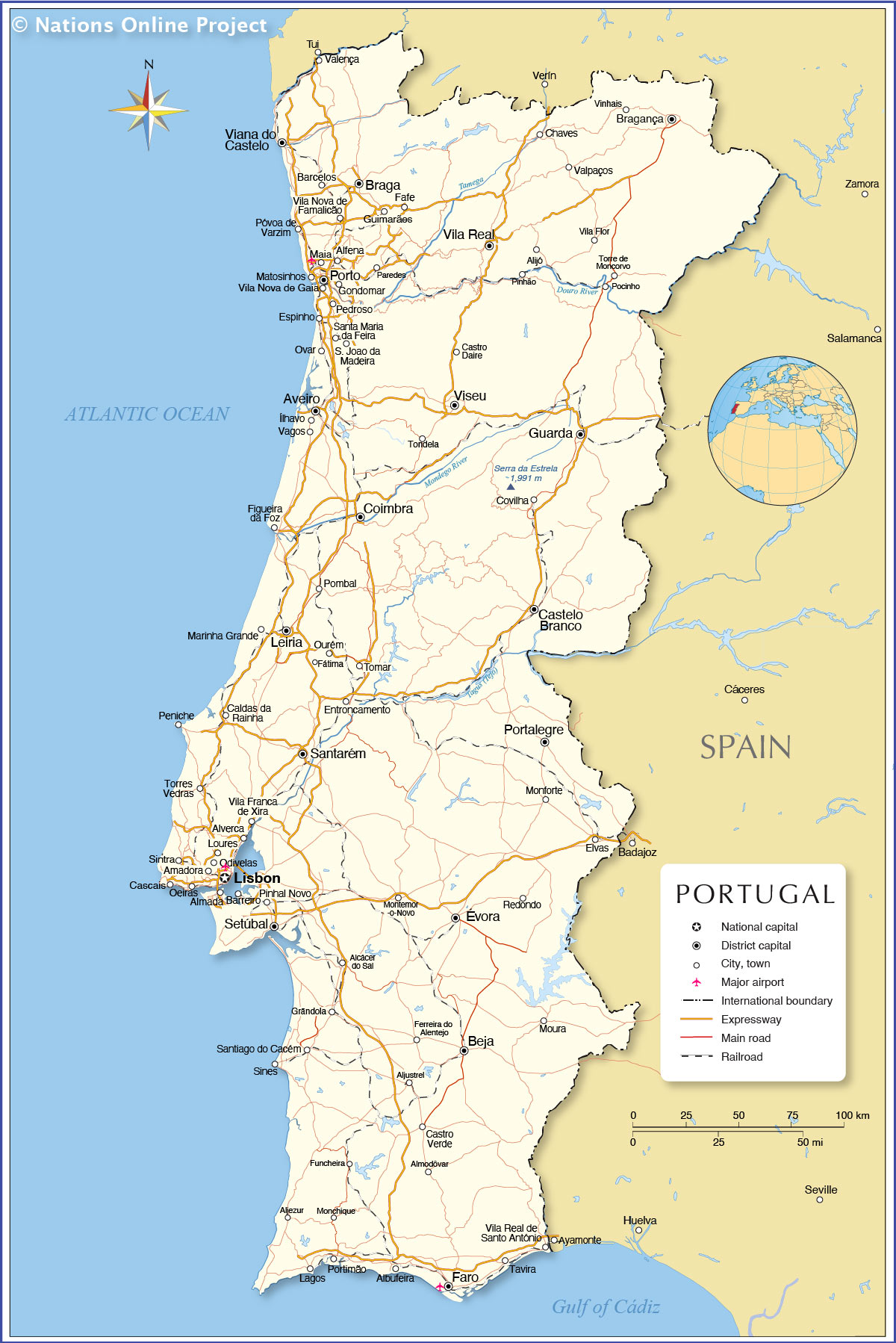 Day Two
Day Two
The morning began with U.S. Embassy, U.S. Department of Commerce, International Trade Administration presentations from Pedro Ferreira, Senior Commercial Advisor and Paulo Mattos, Commercial Advisor, and then the class heard from Antonio Martins Da Costa, American Chamber of Commerce President.
Next, the class visited Confederação dos Agricultores de Portugal - an advocacy group made up of farm organizations.
Fun Fact: Portugal is the largest producer of cork in the world.
The class also visited an urban mushroom farm. This circular business collects coffee ground waste and transforms it into edible and fresh oyster mushrooms used to supply top chef restaurants in Lisbon. The Project initiated from a partnership with Delta, the main Portuguese coffee brewing company.
One participant said, "I loved the organic mushroom farm and herb garden. I felt like the speakers at both really contributed to my understanding of their purpose and provided their unique perspectives."
The day wrapped up with a craft brewery tour at Lince, followed by beer tasting and dinner.
Day Three
LeadAR Class 19 visited Florineve cut flower production and trade company. Florineve is Portugal’s second largest flower production company and grows over 50,000 plants and flowers.
Next the class visited and had lunch at the biggest regenerative and organic farming estate in Portugal. At lunch we ate all things acorn: acorn pate, acorn chorizo, acorn brownies, and had acorn tea. Then, we then took a tour of the 1,500-acre farm where we saw cork trees, acorn trees, Mertolenga cattle, sheep, goats, donkeys, and Iberian black pigs.
Then, the class headed off to a local gin distillery, Sharish, where they learned about the process of making gin. Sharish is the first producer in the world to use the pea flower to create blue “magic” gin that turns pink when mixed with citrus.
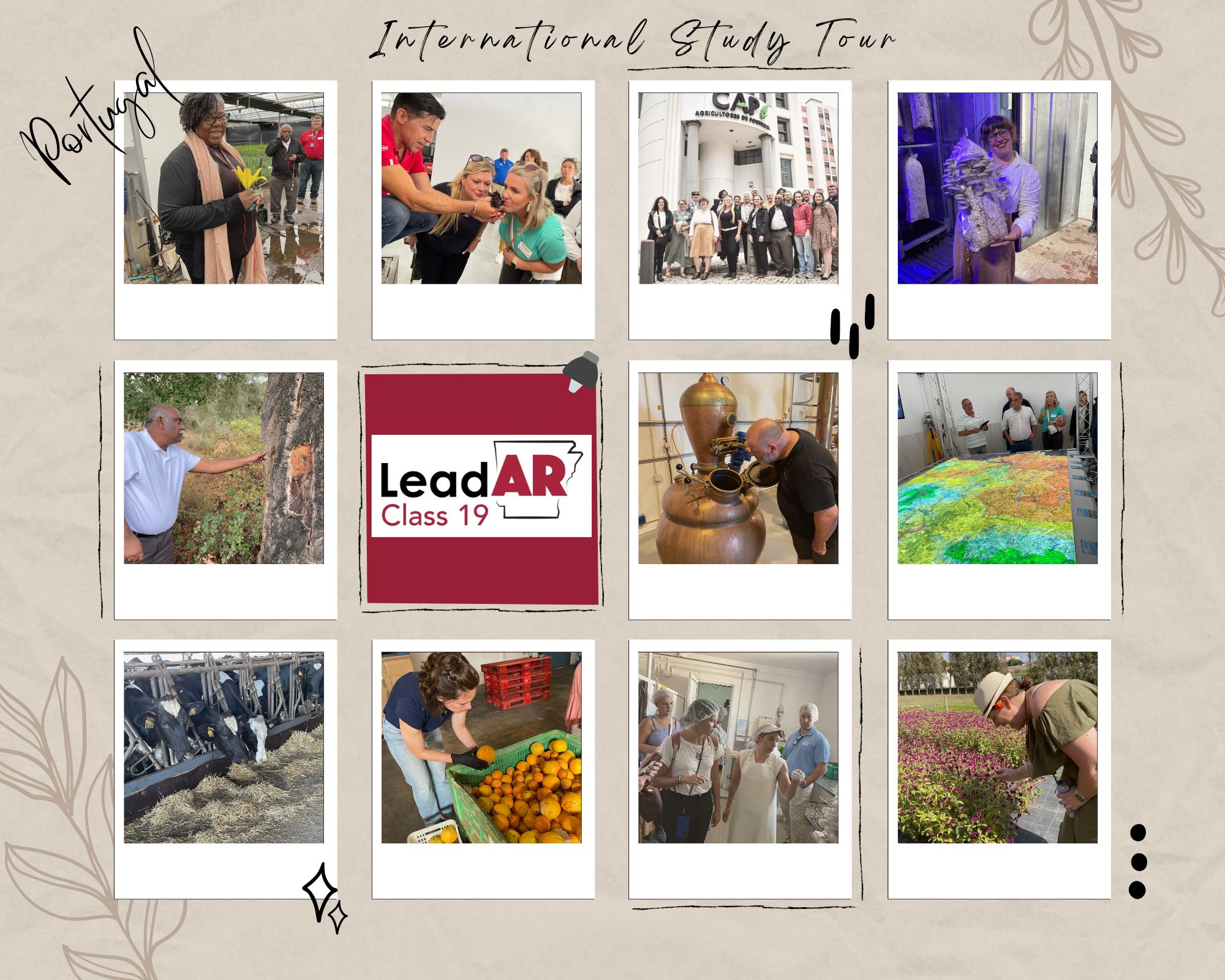
Day Four
The class explored Evora, designated as a UNESCO World Heritage Site, in the Alentejo region of Portugal. While exploring they walked the streets of Evora, saw a local fish market, visited the Chapel of Bones, the Templo Romano Evora, and Giraldo Square.
In the afternoon the class learned about the Alqueva project, Europe’s largest strategic water reserve and artificial lake that provides irrigation to the Alentejo region of Portugal.
One participants said, "I really enjoyed learning about the aspects of the water infrastructure. It is interesting to learn how other countries are utilizing GIS and technology to monitor and manage their water usage."
Next, the class visited the Figueirinha vineyards that produce wine, olives, olive oil, and almonds.
To wrap up the day, the group visited a Talha wine cellar. In Talha wine is produced
and aged in clay pots, in the ancient art of Roman wine making.
Day Five
The class started early at EntoGreen to learn how the startup specializing in the development of biotechnology solutions for the production of animal protein and organic fertilizers through upcycling of by-products can be used in the agriculture and food industry.
Next, the class visited the largest corn producer in Portugal. They are using various data collection and other resources to improve efficiency. The class then enjoyed a traditional Portuguese lunch of salted cod.
We ended the evening in the northern area of the country in Porto.
Day Six
Today we toured a robotic milking operation followed by a visit to a family-owned artisan cheese producer. We then enjoyed a fantastic lunch at Tourigalo where we were treated to the most wonderful steak, rice, black beans, fried potatoes. Class 19 ended the day with a visit to one of the 170 seed banks in the world and learned about the preservation effort of these precious items.
Day Seven
Class 19 spent the morning walking in Porto, Portugal.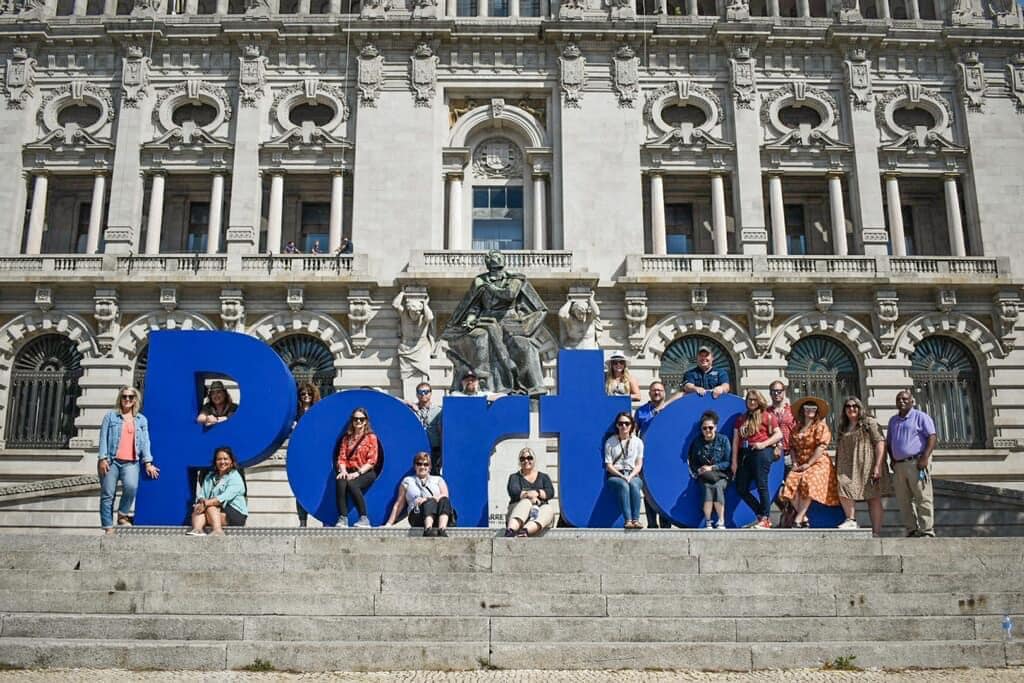
Next, the class visited Cantinho Das Aromaticas, an agricultural company specializing in the production, drying, packaging, and commercialization of dried aromatic herbs. The garden of herbs included lemon grass, pineapple sage, eucalyptus, and even tea plants. The day finished with views of the Douro River.
One participant shared, "As we scattered to go for walks, drinks, climbs, and more, I couldn't help but be filled with gratitude for this moment, experience, and LeadAR family."
Day Eight
The class toured the Douro Valley to visit Portuguese port wine country. We took a tour of Quinta De Marrocos, Portugal and had lunch and a tasting at the vineyard.
Next, Class 19 enjoyed a Douro Valley river cruise.
Day Nine
Class 19 began with a bus ride to Óbidos, Portugal as they make their way back to Lisbon. Óbidos remains a well-preserved example of medieval architecture. It began as a settlement of the Celts, then the Romans, and after the fall of Rome, the Visigoths, Moors, and finally the city was taken by King of Portugal, Afonso Henriques, in 1148.
Next, the class experienced the Atlantic Ocean from the opposite side for the first time and spent some time on the beach at Cascais and explored the western most point in continental Europe at Cabo da Roca - most Western point in Europe. The class finished the day returning to Lisbon.
Day Ten
The group spent the morning giving back to the country that has welcomed us with open arms during our international studies tour, by volunteering at the Food Bank Against Famine. Some LeadAR classmates were in charge of separating oranges, and others put together pallets of food. So many other great volunteers were there this morning doing good for others!
Next, Class 19 visited MARL, a wholesale food supply market. The group got to see some familiar and new/different fruits & vegetables. The Food Bank Against Hunger, from this morning’s volunteer activities, receives any of the unsold supply which then is donated to social care institutions, bringing the day full circle.
We wrapped up the day with a farewell dinner and more traditional Portuguese foods and Fado music. Fado is a traditional Portuguese music style including a Portuguese guitar.
Day Eleven
LeadAR Class 19 left Lisbon, Portugal after 10 awesome days together. They will always carry with them what they learned about Portugal: the food, the culture, the people, as well as what they learned about each other as classmates.
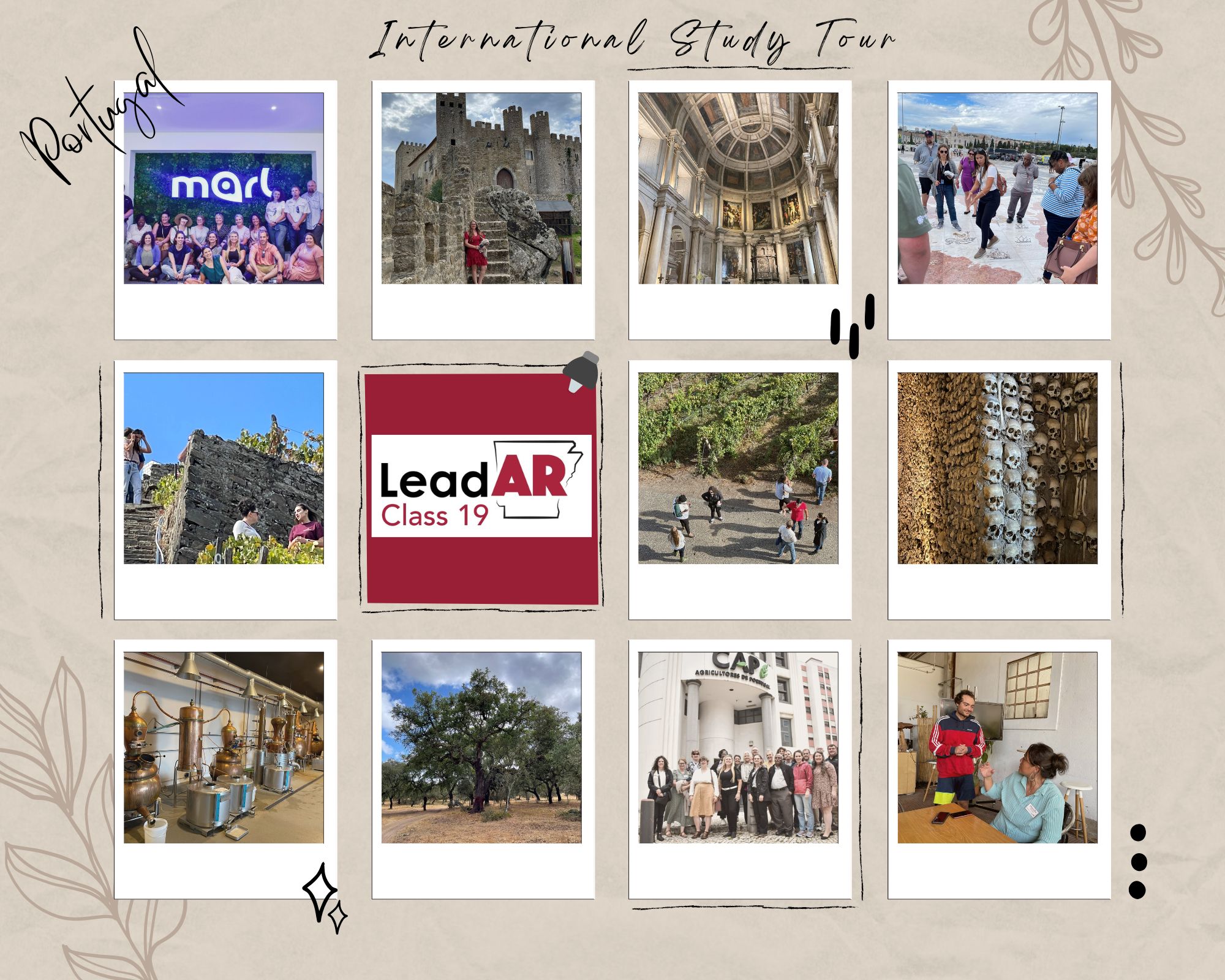
LeadAR is a program designed to help Arkansans broaden their understanding of issues and opportunities facing our state and strengthen their ability to make a difference. For more information about LeadAR, visit the website or contact Robinson, jrobinson@uada.edu, or Lisa Davis, ldavis@uada.edu.